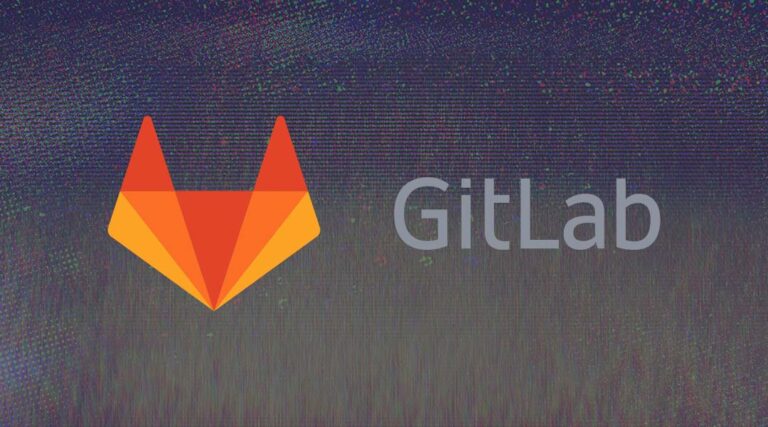
Repository management and development collaboration platform GitLab is now available in version 11.2, offering helping hands to ops, interactive tooling for web developers, and more freedom of discretion for all.
New features include a button to download individual repository files, and client-side evaluation in the Web IDE, which lets developers of JavaScript applications preview changes. GitLab plans adding a server-side equivalent later this year, giving Ruby programmers similar options to test fixes and experiment.
To lessen operational burdens when starting something new, GitLab admins now have a way to define a group whose direct child projects will become available as templates for new projects. Talking about new projects, when creating one, there now also is an option to choose a Manifest file from the Import project tab. This should help importing larger project structures and especially Android OS Code. GitLab 11.2 also has an option to import projects from Bitbucket Server, in former versions this was only supported for Bitbucket Cloud.
Once updated, users can set personal status messages – indicating availability for example -, which will appear on their profile page, in comments and author titlebars. Those who want to broadcast less information are able to ban activity-related information from their profile.
To get a better idea of the state of play, group milestones can now be found on the dashboard milestones page. Before, only those for projects were shown.
Top-navigation isn’t any longer restricted to a project or group but offer instance-wide searches. Additional search features are available in the project labels list page. Those interested in GitLab on Kubernetes can now use a Helm chart with individual containers for each component and no requirement for shared storage, that just reached general availability. The changes should help with performance and scalability amongst others.
More money, more featues
Organisations paying for GitLab’s premium and ultimate offerings have now milestone lists as a third list type available to them. They are supposed to give an overview of issues in different milestones and a quick option of moving them to balance the total issue weight. To get a better grasp of the latter, all but those using free GitLab versions see the summed weights of the issues in issue board lists after updating to the new version.
New ultimate-only features include todos in epics. They will be created automatically for folks being @-mentioned in an epic, but can also be added manually from the sidebar – similar to the way it is in issues and merge requests. Ops people might be also interested in the newly added ability to click together alerts for custom metrics in the dashboard. GitLab-provided ones will be added once some issues have been dealt with.
Other ultimate-additions offer ways to approve and blacklist licenses allowed in production code, and license management reports at pipeline level. An extended list of what’s new in the release, including an integration for Google Hangouts and support for OpenSSH certificates, can be found on the GitLab blog.
